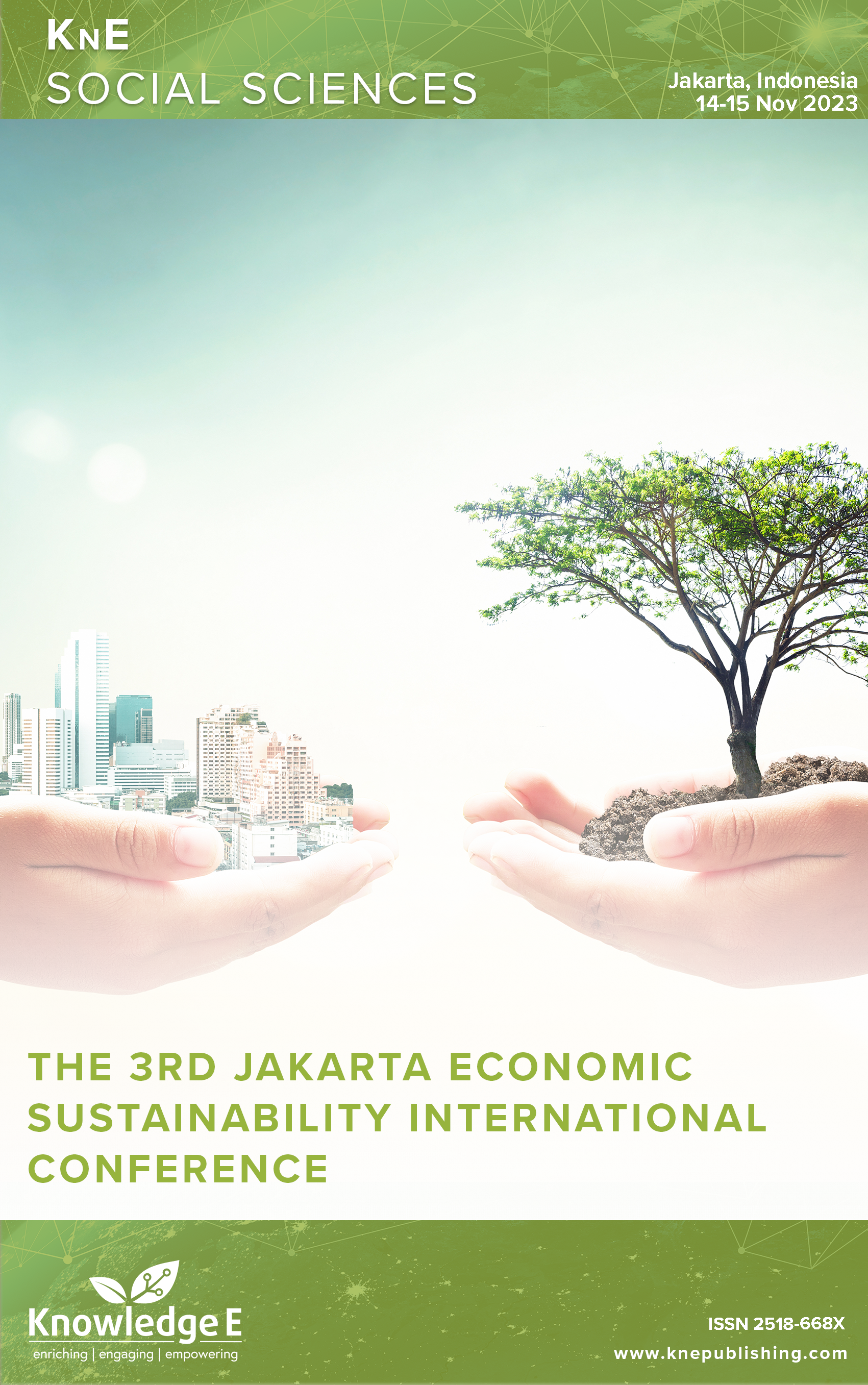The Crisis of Globalization and Sustainability
DOI:
https://doi.org/10.18502/kss.v9i20.16490Abstract
This research aims to analyze the extent of the globalization crisis and its impact on sustainability. This study uses content analysis method to analyze various documents, such as reports, articles, or policies, to identify patterns, themes, and trends related to globalization and sustainability crises. The research results indicate that the globalization crisis is a paradoxical consequence of the globalization process itself. Although economic integration has connected the world, it has not created the basis for their integration as a human collective capable of acting together, toward common goals. In every country, growing disparities raise questions about sustainability, with debate over sharing the burden between developed and developing countries. To achieve a more equal global order, countries must be able to cooperate and accept each other as equal partners, not in competition.
Keywords: crisis, economic integration, globalization, sustainability
References
United Nations. Department of economic and social affairs sustainable development [Internet]. USA: United Nations; 2024. Available from: https://sdgs.un.org/goals
Epstein GA. Financialization and the World Economy. Epstein GA, editors. Edward Elgar: Cheltenham and Massachusetts; 2005. Introduction: Financialization and the world economy; p. 3-16.
Mader P, Mertens D, van der Zwan N. The Routledge international handbook on financialization. Mader P, Mertens D, van der Zwan N, editors. Routledge: Oxford and New York; 2020. Financialization: An introduction; p. 1-16. https://doi.org/10.4324/9781315142876-1 DOI: https://doi.org/10.4324/9781315142876-1
Dunning JH, Lundan SM. Multinational enterprises and the global economy. 2nd ed. Edward Elgar: Cheltenham and Massachusetts; 2008.
UNCTAD. World Investment Report [Internet]. USA: United Nations; 2013. Available from: https://unctad.org/topic/investment/world-investment-report
Chancel L, Piketty T, Saez E, Zucman G. World Inequality Report 2022. Cambridge, MA and London, England: Harvard University Press; 2022. https://doi.org/10.4159/9780674276598 DOI: https://doi.org/10.4159/9780674276598
Baldwin R, Freeman R, Theodorakopoulos A. Hidden exposure: Measuring U.S. supply chain reliance. NBER Working Paper Series. 2023;31280. https://doi.org/10.3386/w31820 DOI: https://doi.org/10.3386/w31820
Rodrik D. Premature deindustrialization. Journal of Economic Growth. 2016;21(1):1-33. https://doi.org/10.3386/w31820 DOI: https://doi.org/10.1007/s10887-015-9122-3
Blankenburg S, Palma JG. Introduction: The global financial crisis. Cambridge Journal of Economics. 2009;33(4):531-538. https://doi.org/10.1093/cje/bep038 DOI: https://doi.org/10.1093/cje/bep038
UNCTAD. Trade and development report: Commodity prices, capital flows and the financing of investment. New York and Geneva: United Nations; 2008.
Piazza R, Ho G, Jaumotte F, Eugster J. Technology diffusion and global living standards [Internet]. US: CEPR; 2019 June 12. Available from: https://cepr.org/voxeu/columns/technology-diffusion-and-global-living-standards
Lane PR, Milesi-Ferretti GM. The external wealth of nations revisited: International financial integration in the aftermath of the global financial crisis. IMF Economic Review. 2018;66:189-222. https://doi.org/10.1057/s41308-017-0048-y DOI: https://doi.org/10.1057/s41308-017-0048-y
Bank for International Settlement. Globalisation and Deglobalisation, BIS Papers No. 100, Monetary and Economics Department. Switzerland: Bank for International Settlement; 2018.
Weldon D. Is deglobalisation on the way? [Internet]. UK: BBC; 2015 May 15. Available from: https://www.bbc.com/news/32783365
Amsden AH. The rise of the rest: Challenges to the West from late-industrializing economies. Oxford, NY: Oxford University Press. https://doi.org/10.1093/0195139690.003.0001 DOI: https://doi.org/10.1093/0195139690.003.0001

